Philadelphia's Ban on Skill Games Comes to an End Following Court Ruling
The Commonwealth Court of Pennsylvania has lifted Philadelphia's ban on casino-style skill games, a move that overturns a city ordinance aimed at curbing these machines, which were labeled as public nuisances. The decision, handed down on December 6, is a significant development in the ongoing debate over the legality and regulation of skill games across the state.
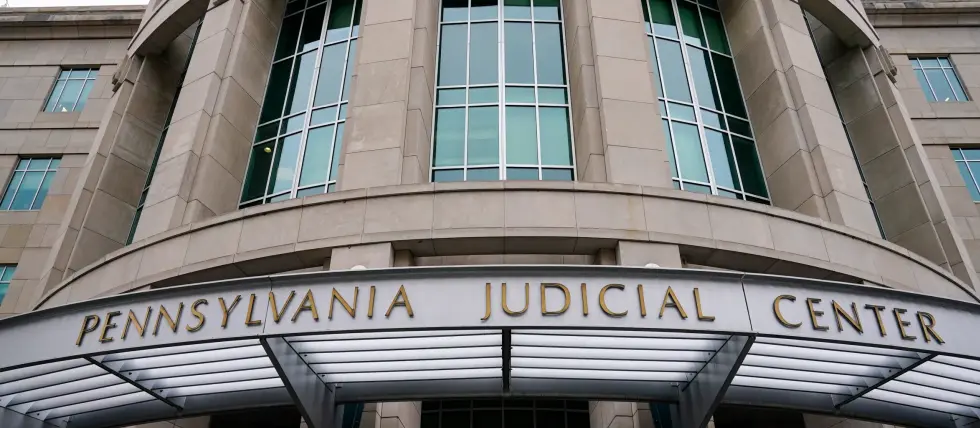
The court's ruling halts the enforcement of a law passed in April by the Philadelphia City Council and signed by Mayor Cherelle L. Parker. The ordinance, championed by Councilmember Curtis Jones Jr., sought to prohibit these unregulated machines, which allow players to compete for cash prizes by completing simple games.
Related: Pennsylvania Casinos Claim Slot Machine Tax Unconstitutional amid Skill Games DisputeThis past June, Common Pleas Court Judge Sierra Thomas-Street upheld the ban, rejecting an emergency petition to prevent its enforcement. However, the Commonwealth Court stayed the lower court's ruling during the appeal process initiated by G&B Amusements, a distributor of the games, and Harry Sandhu, a Philadelphia gas station owner.
Skill games, often likened to slot machines, are popular in small businesses such as gas stations and convenience stores across Pennsylvania. Unlike traditional slot machines, which are heavily regulated and taxed, these games operate outside the state's regulatory framework.
In her opinion, Commonwealth Court Judge Patricia A. McCullough noted that earlier court decisions, based on state law, have determined that skill games not located in casinos or racetracks are neither slot machines nor illegal gambling devices. This legal distinction is now under review by the Pennsylvania Supreme Court, which is set to issue a final determination.
McCullough highlighted enforcement actions taken by the city prior to the appellate court's intervention, which included police warnings to businesses with the machines and threats of substantial fines and business license revocations.
More Business News
A Small Victory for Skill Games Operators
The ruling has been welcomed by supporters of skill games. Mike Barley, representing gaming manufacturer Pace-O-Matic, described the decision as a huge win for businesses in Philadelphia that rely on the revenue the games produce for them. Matthew H. Haverstick, an attorney for G&B Amusements and Sandhu, emphasized the economic importance of the machines for businesses struggling to survive amid economic challenges.
The city of Philadelphia, however, is still reviewing the court's decision. No immediate response was provided by Councilmember Jones's office or city officials. The debate over skill games extends beyond Philadelphia and has drawn the attention of Governor Josh Shapiro and state lawmakers.
Estimates suggest there are tens of thousands of these machines throughout the state. Proponents argue they offer a necessary financial boost to small businesses, while critics claim they are illegal gambling devices disguised under the pretense of requiring a minimal level of skill.
Shapiro has proposed regulating the machines and imposing a 42% tax on their sales, which would align them more closely with Pennsylvania's heavily regulated gambling industry. Opponents of the games argue that the skill element involved is minimal and serves as a facade to circumvent gambling laws.
The legal and regulatory status of skill games remains a contentious issue in Pennsylvania, with the state Supreme Court set to provide clarity on their classification. Meanwhile, the Commonwealth Court's decision represents a reprieve for businesses relying on these machines and adds another layer to the broader conversation on the future of gambling regulation in the state.
RELATED TOPICS: Business
Most Read
Must Read
 Interviews
Interviews
Sweepstakes Casinos: Thriving in an Ever-Changing Industry – Interview with Attorney Stephen C. Piepgrass
Feb 17, 2025 Interviews
Interviews

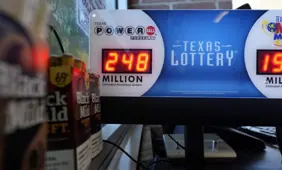


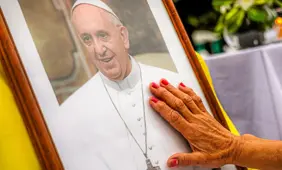

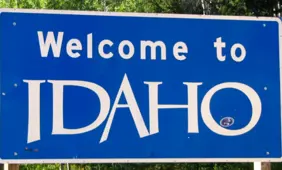
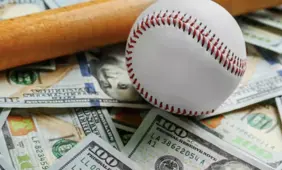
Review this New Post
Leave a Comment
User Comments
Comments for Philadelphia's Ban on Skill Games Comes to an End Following Court Ruling